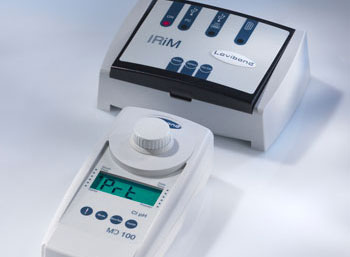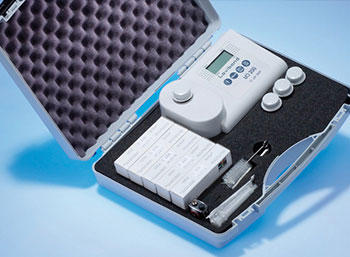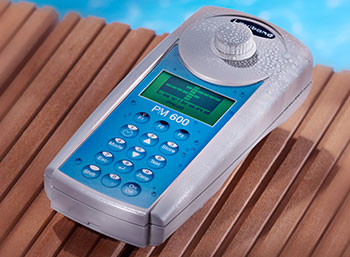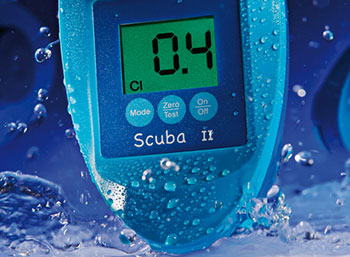You Won’t Believe What’s Lurking in Your Well Water
Well water is often seen as a natural, pure source of drinking water, offering a refreshing alternative to municipally treated tap water. However, it’s essential to recognize that this water may not always be as pristine as it seems. Without the proper treatment, contaminants can seep into well water, leading to serious health risks.
The risk of contamination can vary greatly depending on geographic location, environmental factors, and maintenance practices. In this article, we’ll uncover what’s lurking in your well water, why it’s important to test it, and how you can keep your family safe.
Understanding Well Water Contamination
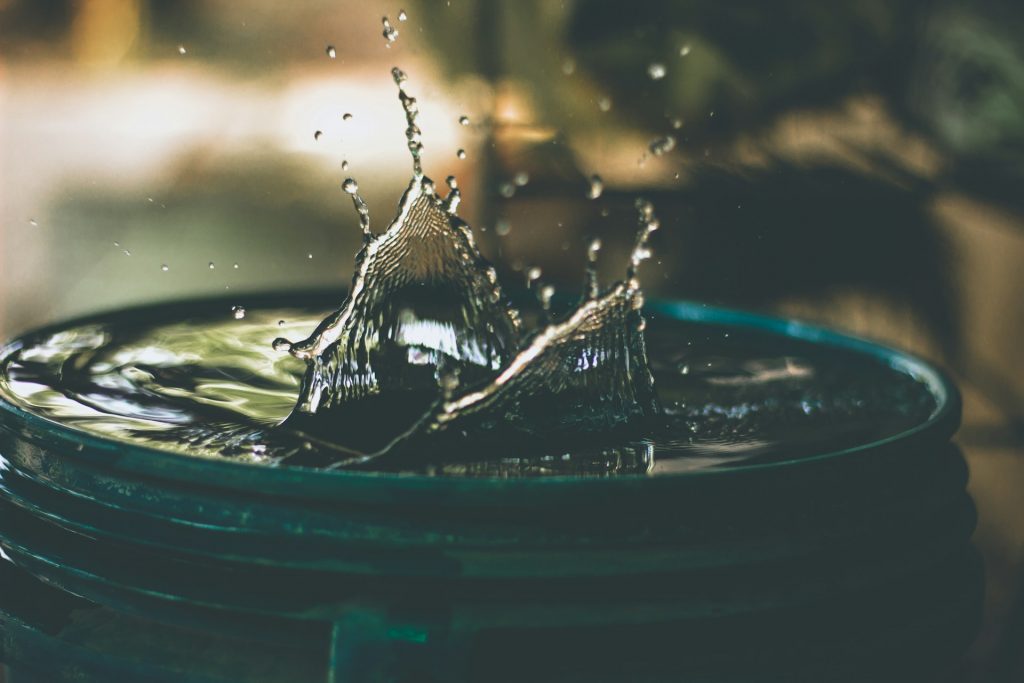
Contamination in well water is more common than many people realize, and understanding how it occurs is crucial for ensuring its safety and in order to safeguard your health.
What Makes Well Water Different from Tap Water?
Well water differs from tap water in several significant ways. While tap water is treated and regulated by local municipalities, well water is sourced directly from the ground and is usually not treated before being used. Tap water undergoes various filtration and disinfection processes, including the use of chlorine or chloramine to kill harmful microorganisms. In contrast, well water relies on natural filtration through soil and rock, which can leave it vulnerable to contamination.
How Does Contamination Occur in Well Water?
Contamination in well and waste water can occur from both natural and human-made sources. Naturally, certain minerals and substances like iron, manganese, and sulfur can seep into the groundwater, affecting water quality. However, human activities such as agricultural runoff, improper disposal of chemicals, and industrial pollution also pose significant risks to well water safety. Without proper monitoring and water testing, contaminants can go undetected and pose serious threats to health.
Common Contaminants Found in Well Water
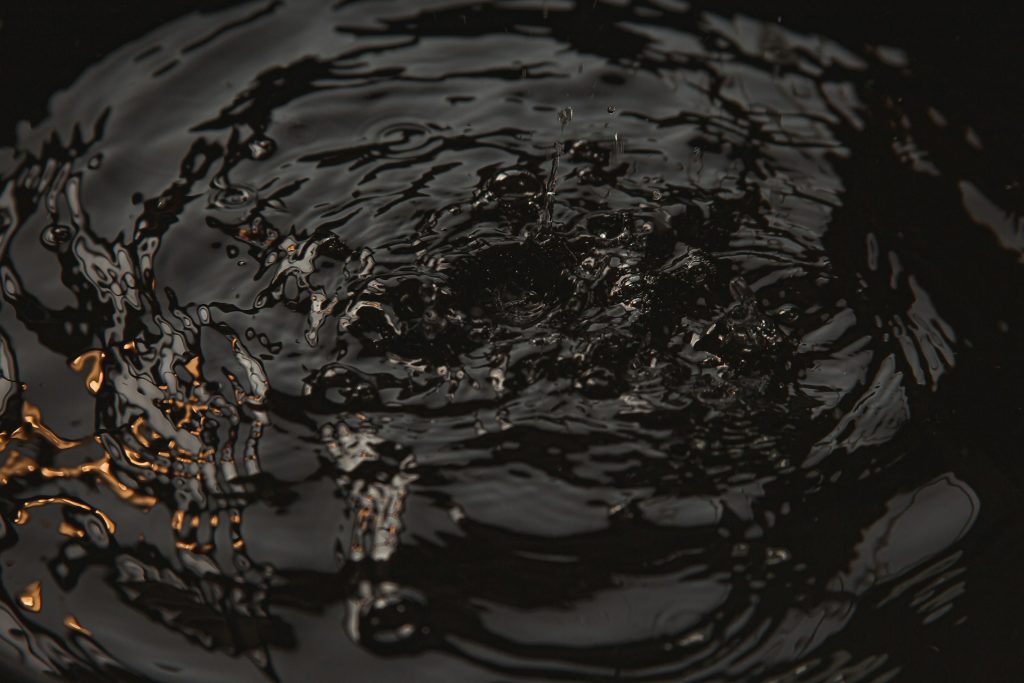
The presence of contaminants in well water is not always visible to the naked eye, making regular water testing crucial. Below are some of the most common and dangerous contaminants found in well water.
Bacterial Contaminants
One of the most concerning types of contamination is bacterial. Harmful bacteria such as E. coli and Coliform are often found in well water, especially when wells are located near septic tanks or animal farms. These bacteria can cause severe illnesses like gastrointestinal infections, leading to symptoms such as nausea, diarrhea, and vomiting. Regular water testing with a water testing kit can help detect these harmful microorganisms early, ensuring safe drinking water.
Heavy Metals in Well Water
Heavy metals like lead, arsenic, and mercury can also contaminate well water, often through polluted groundwater or industrial waste. Lead, in particular, is harmful to young children, causing developmental issues and neurological damage. Arsenic, a known carcinogen, poses long-term health risks when ingested over extended periods. If you suspect heavy metals in your water, using a water analysis kit can provide valuable insights into your water’s safety.
Nitrate and Nitrite Pollution
Nitrates and nitrites commonly enter well water from agricultural activities, such as the use of fertilizers. These chemicals can significantly impact water quality and pose severe health risks, particularly to infants and pregnant women. High levels of nitrates in drinking water can lead to methemoglobinemia, also known as “blue baby syndrome,” which reduces the ability of blood to carry oxygen. Testing for nitrates and nitrites is vital for safeguarding your health and that of your family.
Pesticides and Herbicides
Pesticides and herbicides are commonly used in farming to control pests and weeds. Unfortunately, these chemicals can leach into groundwater, contaminating nearby wells. They pose significant risks to human health, including cancer, hormone disruption, and developmental delays in children. If you live in an agricultural area, it’s wise to test your well water regularly for pesticide and herbicide residues to ensure safety.
Radon in Well Water
Radon is a naturally occurring radioactive gas that can dissolve into groundwater and contaminate well water. Although not widely recognized, radon exposure is a significant health concern, as long-term inhalation of radon gas can lead to lung cancer. Additionally, when radon is ingested through contaminated water, it can contribute to stomach cancer. If you live in an area where radon is prevalent, testing for this dangerous gas is essential.
Fluoride in Well Water
While fluoride is often added to municipal water supplies to prevent tooth decay, it can also naturally occur in well water in certain areas. While small amounts of fluoride can be beneficial, excessive levels can lead to dental fluorosis, which discolors teeth, or even skeletal fluorosis, which can damage bones. A water analysis kit can help you assess the fluoride concentration in your well water and determine if it poses any health risks.
Chlorine and Chloramine in Well Water
Chlorine and chloramine are typically used by municipal water systems for disinfection. However, they can sometimes make their way into well water, particularly if you are connected to a shared water source or if nearby treatment plants release these chemicals. Prolonged exposure to chlorine and chloramine can irritate the skin and eyes, cause respiratory issues, and affect the taste of your water. If you suspect contamination, it’s essential to test your well water for these chemicals.
Sediment and Particulates
Sediment and particulates, such as sand, dirt, and rust, can sometimes enter well water through the well casing or during periods of heavy rainfall. While these contaminants are typically not harmful to health, they can affect the water’s taste, appearance, and odor. Sediment filtration systems are often recommended to address this type of contamination.
Testing Your Well Water
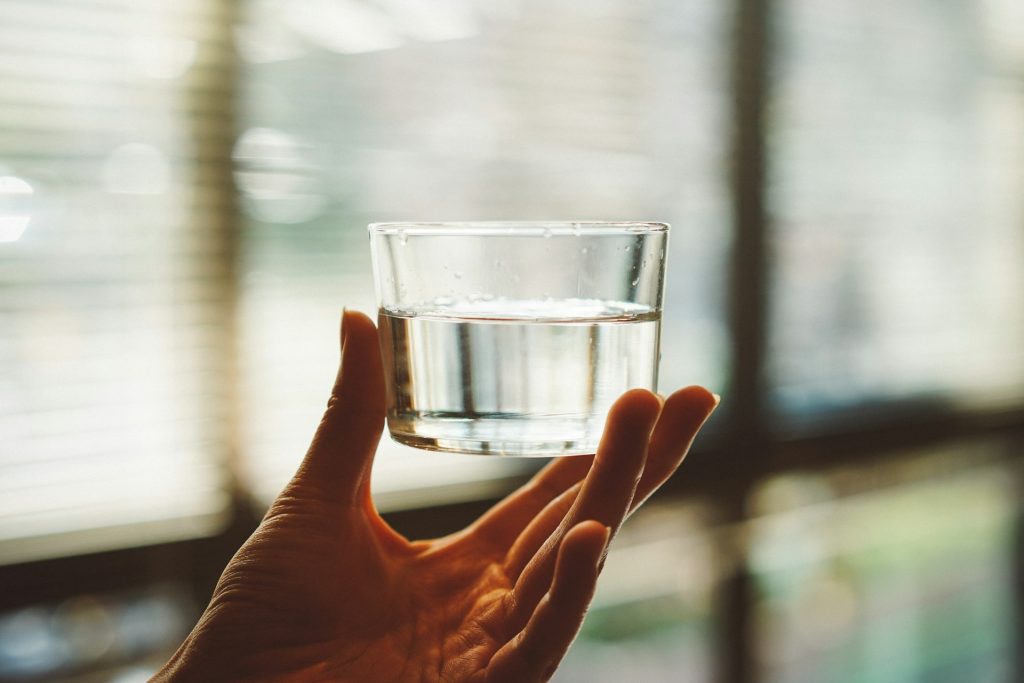
Testing your well water is the most effective way to ensure it is safe for consumption and to identify harmful contaminants and protect your family’s health.
Why You Should Test Your Well Water Regularly
Testing your well water regularly is crucial to ensuring its safety and quality. Unlike municipal water, which is regularly tested and treated by local authorities, well water can remain untreated and unmonitored unless the homeowner takes action. Regular testing can identify any hidden contaminants early, preventing potential health risks and ensuring safe drinking water for your family.
How to Conduct a Well Water Test
Homeowners can perform well water testing using a water testing kit available online or at home improvement stores. These kits often include tests for common contaminants like bacteria, pH levels, and mineral content. However, for more comprehensive water analysis, professional services can offer detailed testing for a broader range of contaminants. A water analysis kit can provide deeper insights into water quality, especially for heavy metals, pesticides, or radon.
What to Look For in a Water Testing Report
Once you receive the results from your water testing, it’s essential to understand the findings. Water testing reports typically list contaminants found in your water, along with their concentration levels. Pay attention to any levels that exceed safe limits set by the Australian Drinking Water Guidelines. If any harmful contaminants are present, it’s crucial to take corrective action.
Summary
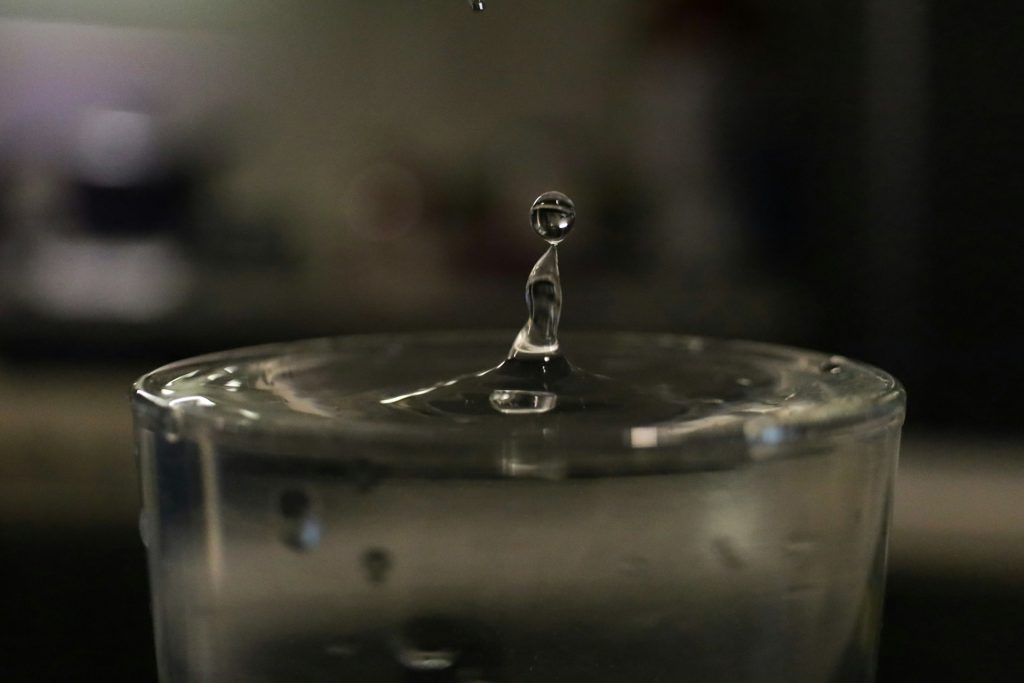
Contaminated well water can pose serious risks to both your health and the environment. Regular testing is essential to ensure the safety and quality of your well water. If contamination is detected, acting quickly to address the issue with the appropriate treatment solutions is crucial. Waterlilly Australia offers comprehensive water testing and analysis services, with the expertise to help homeowners across Australia keep their well and pool water safe and clean.
Don’t wait—ensure your family’s health today by investing in a water testing kit or a water analysis kit from Waterlilly Australia. Let us help you keep your water safe. Contact us at 02 9798 9975 or visit out enquiry page for expert water testing services across the country.
This entry was posted in Uncategorized. Bookmark the permalink.
